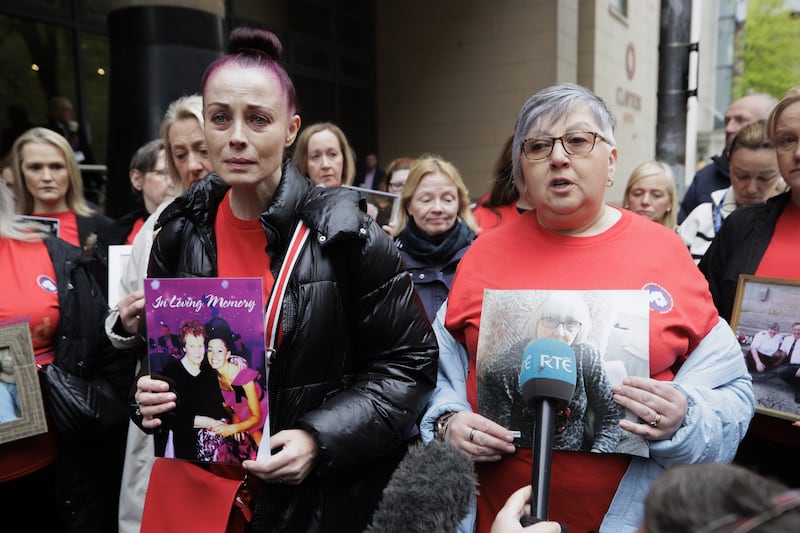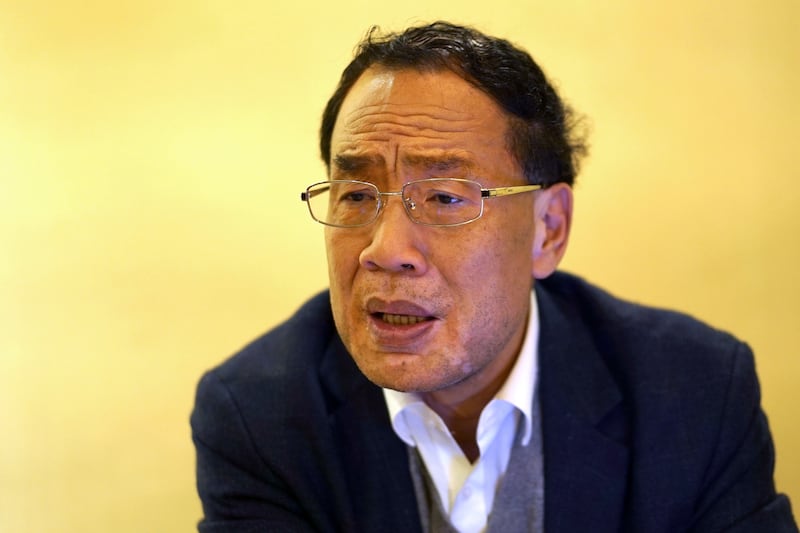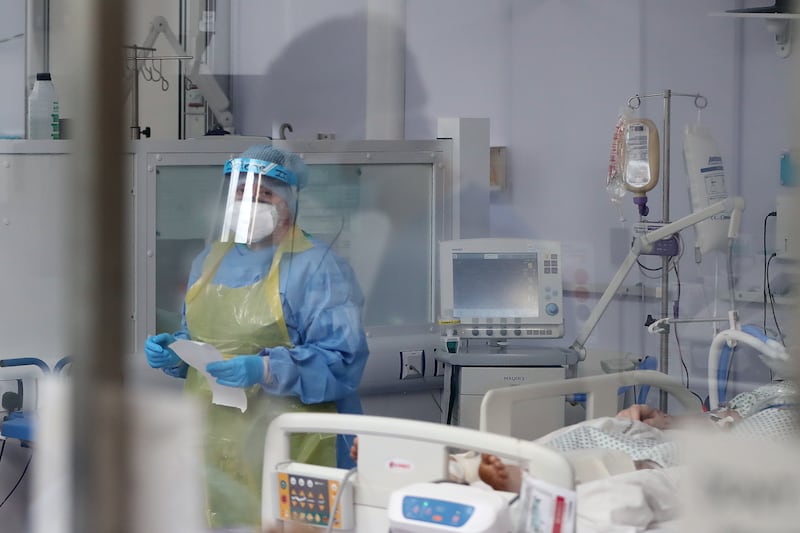Charity bosses have voiced frustration at being denied pandemic support funding despite facing massive losses at a time when demand for their services is soaring.
They warned an Assembly committee that major redundancies and service cuts will be inevitable if issues around eligibility criteria are not addressed swiftly.
Committee members heard that charities with reserves built up had been unable to access support while regional branches of UK-wide organisations were finding it difficult to gain recognition as Northern Ireland operations.
MLAs heard that one UK charity has been waiting seven years for its application to be registered as a Northern Ireland charity to be processed.
A £15.5 million support fund for charities was launched by the Department for Communities in the summer.
In the first round of funding, £8.8 million was allocated to 501 charities, with 139 applications ruled ineligible.
The remaining £6.7 million, plus a further £5 million released by the Department of Finance last week, is due to be allocated in a second round of funding in January.
Charity chief executives told the committee on Thursday morning that it was vital the money was distributed as quickly as possible and that the eligibility criteria was widened.
Sarah Quinlan, the chief executive of Children's Heartbeat Trust, said her organisation was unable to access funding from the Department for Communities because charities with built up reserves were deemed ineligible.
Ms Quinlan said the charity, which provides practical, emotional and financial support to children with congenital heart disease and their families, was being penalised for having good governance.
She said its usual annual income of £500,000 was likely to be at least halved in 2020.
"Community fundraising as we know it has virtually disappeared, people are no longer able to gather inside or outside in any large capacity and corporate support has also vanished as businesses focus on their own survival and keeping funds in house basically," she told MLAs.
Ms Quinlan said Stormont support offered to businesses did not take account of reserves and asked why charities were being treated differently
"It appears that we are being penalised for exercising good governance, which is incredibly frustrating," she said.
She added: "We don't have reserves just sitting there lounging around, they're all for a purpose and they're all things that the charity has worked to in terms of trying to plan for the future and to be in a position to support projects whenever they arise.
"So, it is just incredibly frustrating from our perspective that that is being used against us whenever we're constantly being told as a third sector to be more sustainable and to have good governance."
Barry Macaulay, the director of the Northern Ireland branch of UK wide Stroke Association charity, said his organisation was staring at a £225,000 drop in income this year.
"You don't need to be a genius to work out what that means, this is going to be staff and it's going to be front line staff sadly," he said, warning of likely redundancies in the new year.
He said if the charity was unable to access support in January it would have to make redundant front line staff providing support services and limit its activities to lobbying and campaigning.
"That's what I am preparing for the in new year, so it's quite drastic and I am extremely frustrated I've not been able to get any government support because we're a UK charity, we are deemed to have resources, we're deemed to have all this money from London, which doesn't exist - that's the big frustration," he said.
Aside from Covid-19, Mr Macaulay there was a need for systemic change to a practice whereby charities are commissioned to provide services but only end up getting paid 50-60% of the contract value by the authorities, with an expectation that the remainder will be generated through fundraising.
"That's something that really just needs to be fixed long term," he said.
"You can't imagine the Department of Health or the trust going into a private relationship and giving someone 50 to 60% of a contract. It's unbelievable that that happens, sadly it's been just something systemic in Northern Ireland that appears to be normal practice."
Nora Smith, from the CO3 membership organisation for charity leaders, said there was a broader issue with UK-wide charities being unable to access various funding streams in Northern Ireland due to delays getting registered.
"I do know a number of UK wide charities that are looking to register through the Charity Commission in Northern Ireland here," she said.
"One member that has put in an application seven years ago and they're still waiting for an outcome and again they are locked out of the funds because they're stuck in a process that sits outside of their control."
Committee chairwoman Pam Cameron said it was "absolutely shocking" that a charity had been waiting seven years for the outcome of an application.
Ms Smith also told MLAs she had sought clarification from Stormont's finance and economy departments on whether the vouchers due to be allocated to people in Northern Ireland to stimulate the local economy could be spent in charity shops.
She said there was also a case that an exemption should be offered to charities using the furlough scheme that would enable the wage subsidy to continue but would allow workers to continue providing vital services to those in need.








